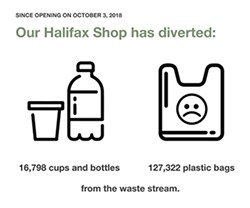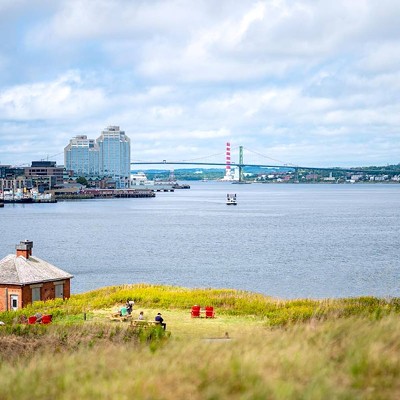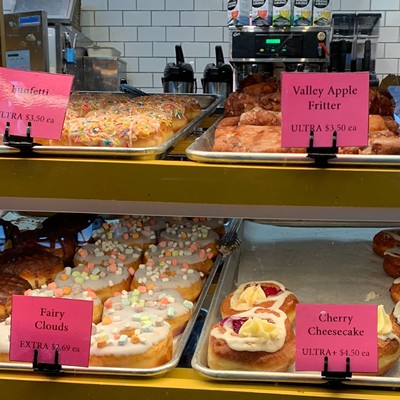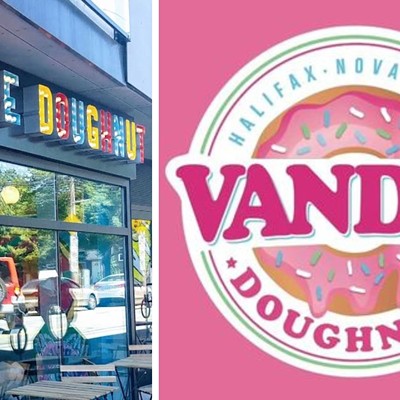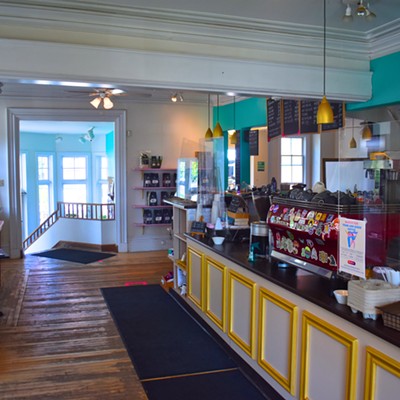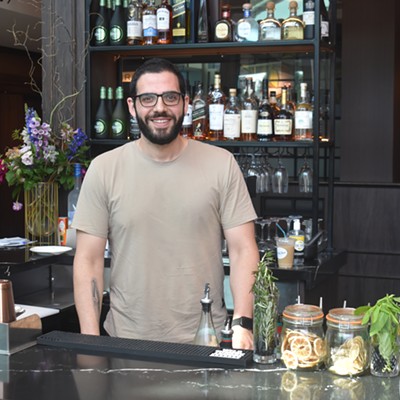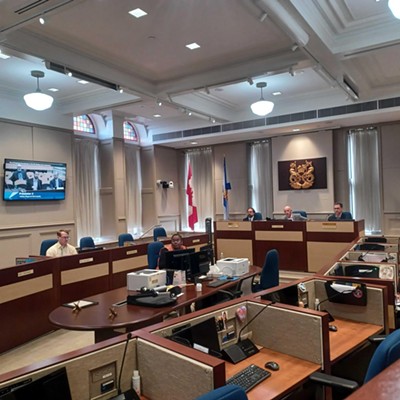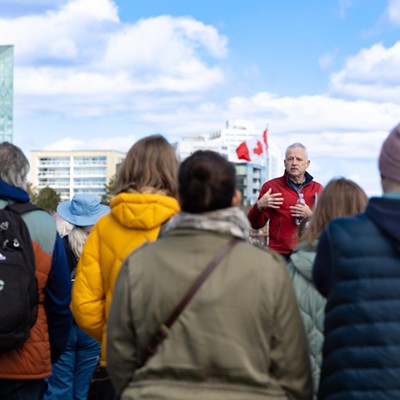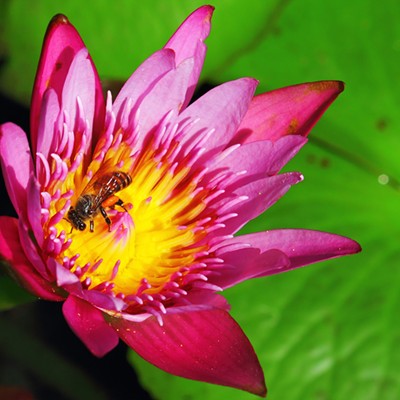The Tare Shop was dubbed Halifax’s first fully zero-waste store when it opened in October 2018. Everything at its 5539 Cornwallis Street location–from rice to shampoo to spices–is available in bulk, with the option to purchase an upcycled container or bring your own.
The shop recently did a calculation of just how much waste it has kept out of the waste stream, and found that its Halifax location has diverted 16,798 cups and bottles, and 127,322 plastic bags from the waste stream since opening. Its Dartmouth store, which just opened this January, has already diverted 141 cups and 4,308 plastic bags.
Since Covid began, many coffee shops and stores have stopped allowing customers to bring their own containers, so The Coast chatted with Tare Shop owner Kate Pepler about how the zero-waste shop is reducing and re-using throughout the pandemic, and how the numbers were crunched.
The Coast: First off, why do you track these numbers?
Kate Pepler: It’s something we kept track of since we first opened, and it’s just such a tangible way for us to see–and for customers to see–the impact that they make and we’re making.
How did you calculate this data?
So it’s a kind of rough estimate. For the cups and bottles we’ve saved we just look at the cafe items sold, assuming that the majority of the cafe items are kombucha or coffee, cafe drinks. And then for the plastic bags, maybe a more accurate term would be plastic containers, we look at the number of bulk items sold to determine the plastic bags.
“Just because we’re in a global pandemic doesn’t mean that the plastic problem and climate change isn’t still a real, pressing issue.”
How does the pandemic effect the shop and zero waste? Can you still reuse containers safely?
There was a report published in the summer that said that it is safe as long as you wash them, which, you should be washing your containers and reusable bags anyways. So that’s definitely very reassuring, and it is kind of frustrating that so many places aren’t letting you refill or use your own containers or reusable cups. But it is safe and hopefully soon we’ll be able to do that more and more. Just because we’re in a global pandemic doesn’t mean that the plastic problem and climate change isn’t still a real, pressing issue.
The new Dartmouth Tare Shop opened recently, at 21 Portland Street. How is that going?
It’s going good. It's definitely a weird time to be opening a second location given it’s a pandemic and winter, January when we opened, but it’s been going really well so far. There’s lots of interest and a lot of folks coming in to like, do their recon mission, seeing what we have and then returning with their containers.
What are some of the most popular items in the shop?
The laundry detergent is always our best seller, we get it locally, it’s from Down East so it’s made in Burnside by Bebbington Industries. That’s always our best seller each month. And we definitely have some folks who, since we’ve opened, have just been refilling their same laundry detergent container.
What products do you recommend for someone who’s new to zero-waste shopping?
My tip would be instead of choosing like five products that would be the best, as you run out of things, as you run out of your laundry detergent or dish soap or hand soap or oils or vinegars or spices et cetera, come and refill those containers. So, it doesn’t have to be a glass mason jar that you bring in to refill, you can just refill the container that you already have as long as it’s been cleaned. We also have upcycled containers for sale, so we wash and sanitize them and charge 50 cents for them, instead of selling new containers. And we only started tracking them in August, but since August we’ve repurposed or sold over 550 repurposed containers.
This interview has been condensed and edited for clarity.

